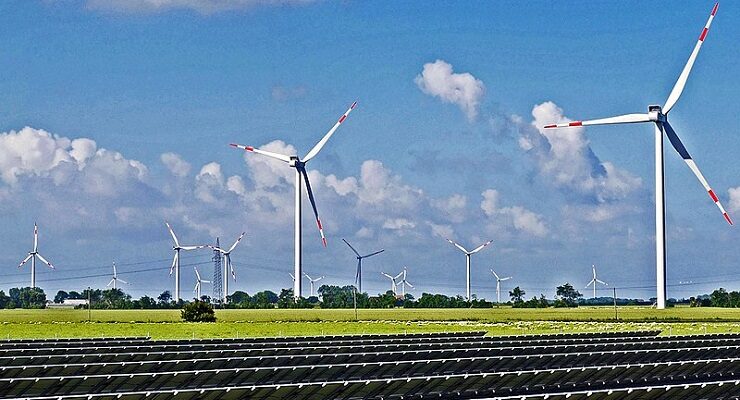
This article by Dragan Maksimović is published by Deutsche Welle. Here is an excerpt:
Three years ago, a group of local activists in the village of Pecka in northern Bosnia and Herzegovina set out to exploit the sun’s potential and build a solar power plant on the roof of the Pecka Visitor Center. It was the first such a solar plant in rural Bosnia. The Pecka initiative was the result of a crowdfunding campaign that raised €7,000 ($7,500), which was matched by the UN Development Program, or UNDP.
Yet, a whole year after their installation, the 15 solar panels haven’t generated a single kilowatt of electricity. The law regulating feed-in to the power grid remains unfinished, and the center fears that even using the installed system to produce its own energy, known as self-consumption, might later complicate connection to the grid.
“We submitted a request for connection to the local utility in July 2021, and we’re still waiting for an answer,” says Boro Maric, owner of the Pecka Visitor Center. Indeed, the official bureaucracy is so ponderous, it’s “as if we had built a small hydroelectric power plant,” he says. Maric also says that an acute lack of information about the entire process has made the project all the more difficult. After the system was installed, for example, the center was informed it would have to pay an additional €4,000 to connect to the grid.
Continue reading here.
Leave a Reply